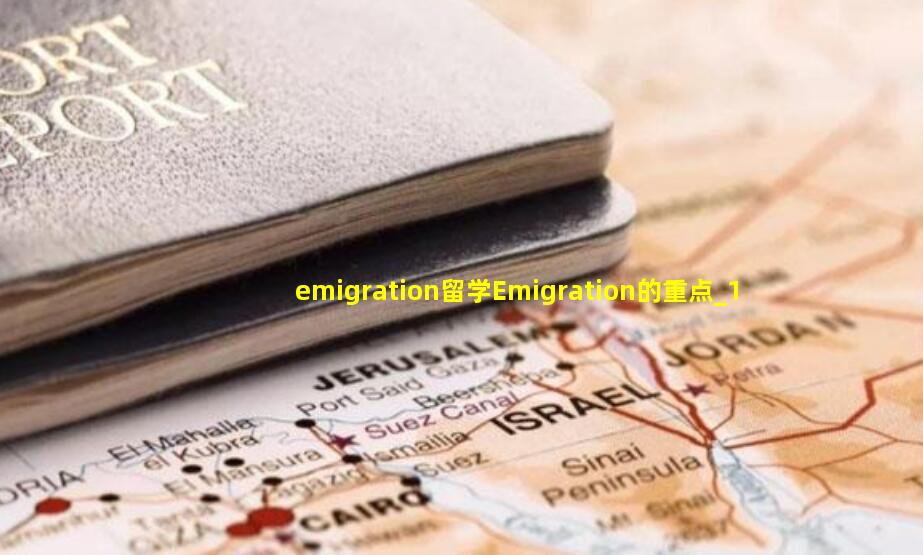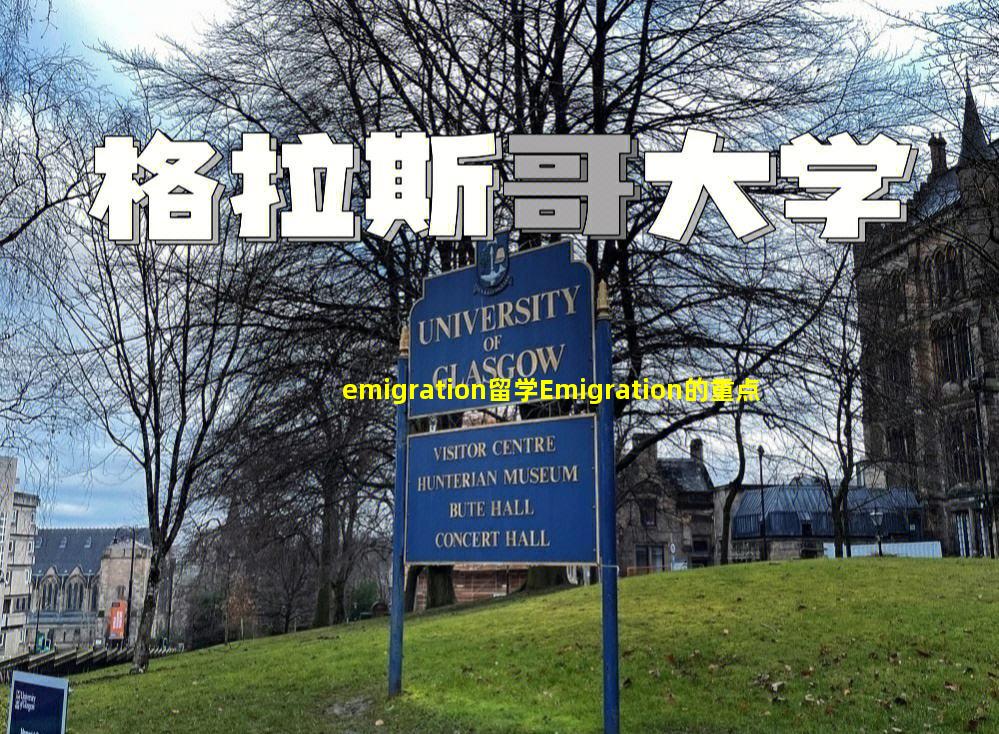 锦泰留学网
锦泰留学网The term "emigration" refers to the act of leaving one's own country to settle permanently in another country. The concept of "emigration留学" combines the idea of emigration with the pursuit of further education, specifically studying abroad.
Emigration留学 typically refers to the process of moving to a new country for the purpose of studying at a university or other educational institution. This can involve obtaining a student visa, finding accommodation, and adapting to a new cultural and educational environment.
Many individuals choose emigration留学 as a means of gaining a higher quality education, accessing better opportunities, or experiencing a different cultural perspective. They may be attracted by the reputation of universities in certain countries or the opportunity to learn a new language.
Emigration留学 can be a life-changing experience, allowing individuals to gain new skills, knowledge, and perspectives. It often involves adapting to a new way of life and can sometimes present challenges, such as language barriers or cultural differences. However, it can also offer significant personal and professional growth opportunities.
Overall, emigration留学 combines the process of emigration with the pursuit of education and provides individuals with the chance to study in a new country and experience a different culture.
Emigration的重点是指移民者离开自己的国家,改变居住地并定居在另一个国家。重点可以有以下几个方面:
1. 经济:经济因素是一个重要的移民决策因素。移民者可能寻求在目的地国家获得更好的就业机会和经济福利,以提高自己和家人的生活水平。

2. 教育:教育是许多家庭移民的重要原因之一。一些家庭希望为他们的子女提供更好的教育机会,包括高质量的学校、大学和职业培训。
3. 政治和社会稳定:政治和社会不稳定可以促使人们移民寻求更安全和稳定的生活环境。政治迫害、战争、暴力冲突和人权侵犯等问题都可能导致人们离开自己的国家。
4. 聚集效应:一些移民选择前往已经有相对较大移民社区的地方。他们可能有亲戚、朋友或同胞已经居住在目的地国家,并通过他们获得支持和社交网络。

5. 自我实现和文化:有些人可能选择移民是为了追求个人发展和实现自己的梦想。他们可能希望融入新的文化和社会,了解不同的生活方式和价值观。
移民是一个复杂而多样化的现象,其重点可能因个人、家庭和社会环境等因素而异。
Emigration翻译成中文是“移民”或者“外移”。